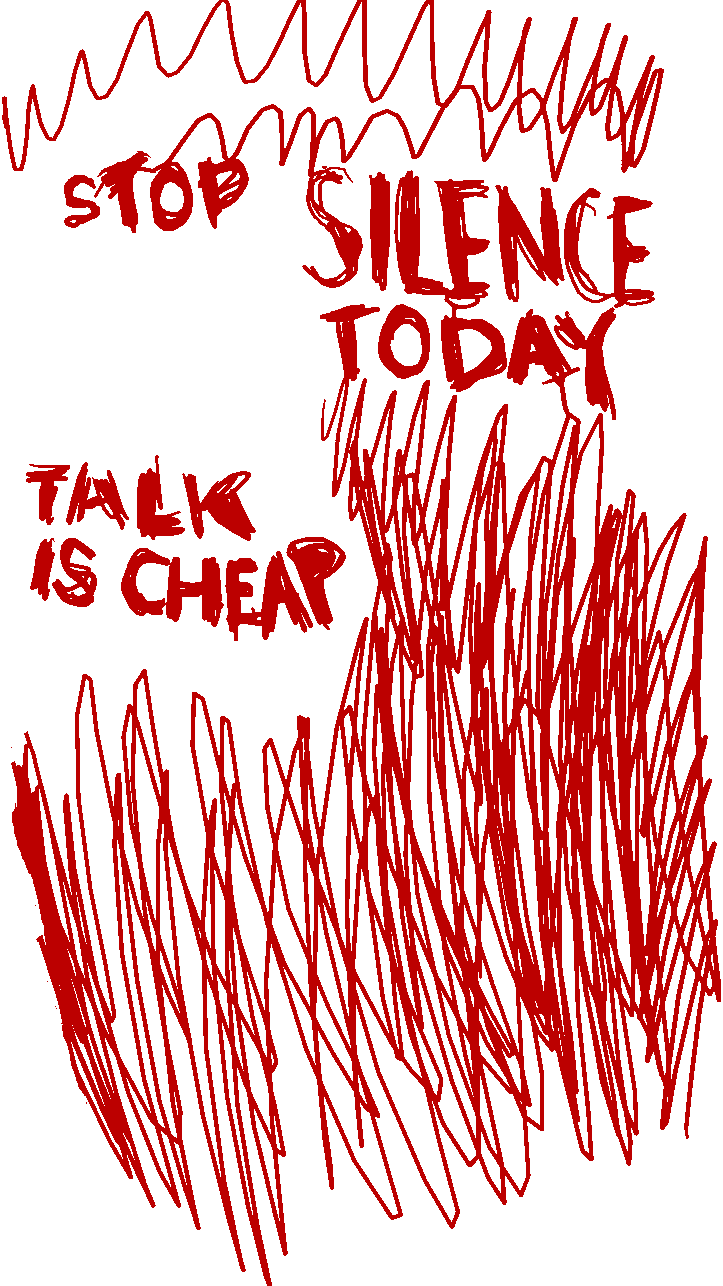Israel claimed Saturday it uncovered a major Hamas tunnel hiding weapons underneath a United Nations aid agency headquarters in northern Gaza.
The alleged finding took place as part of an Israeli military operation in the areas of Shati and Tel al-Hawa in northern Gaza, according to the Israel Defense Forces.
The IDF claimed in a statement its troops reached a tunnel shaft located near a school operated by the UN Relief and Works Agency for Palestine Refugees in the Near East (UNRWA). It did not say, however, when the discovery was made.
CNN has not independently verified Israel’s claims.
UNRWA head issued a quick response: The organization’s commissioner-general, Philippe Lazzarini, said the agency did not know what is under its headquarters in Gaza and that “Israeli authorities have not informed UNRWA officially about the alleged tunnel,” so they are unable to address the claim further.
The UN agency carries out inspections inside its premises every quarter, and the last one that took place in its Gaza premises was completed in September, according to Lazzarini.
Israel’s Foreign Minister Israel Katz called for Lazzarini to resign after the latest claims of a tunnel beneath UNRWA headquarters Saturday. Lazzarini did not immediately respond.
Some background: Israel has longstanding issues with UNRWA, and the agency fired several employees after Israel alleged that some of its staff were involved in Hamas’ October 7 attacks of last year.
The United States and at least 13 of its allies have pulled funding for the agency while investigators probe the claims. UN officials have raised alarm that defunding the organization imperils its ability to provide lifesaving aid in the enclave.
Gaza is home to a sprawling underground network of tunnels used by Hamas. The group has claimed there are more than 300 miles worth of the subterranean passages.
CNN’s Nadeen Ebrahim contributed reporting to this post.



















